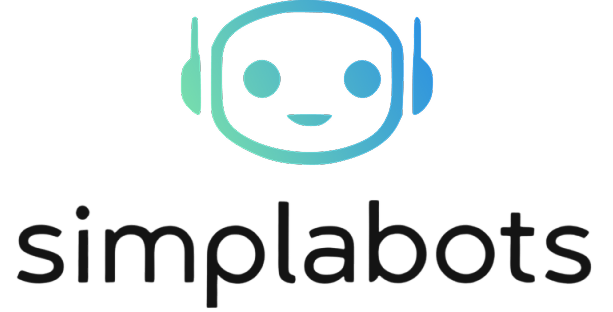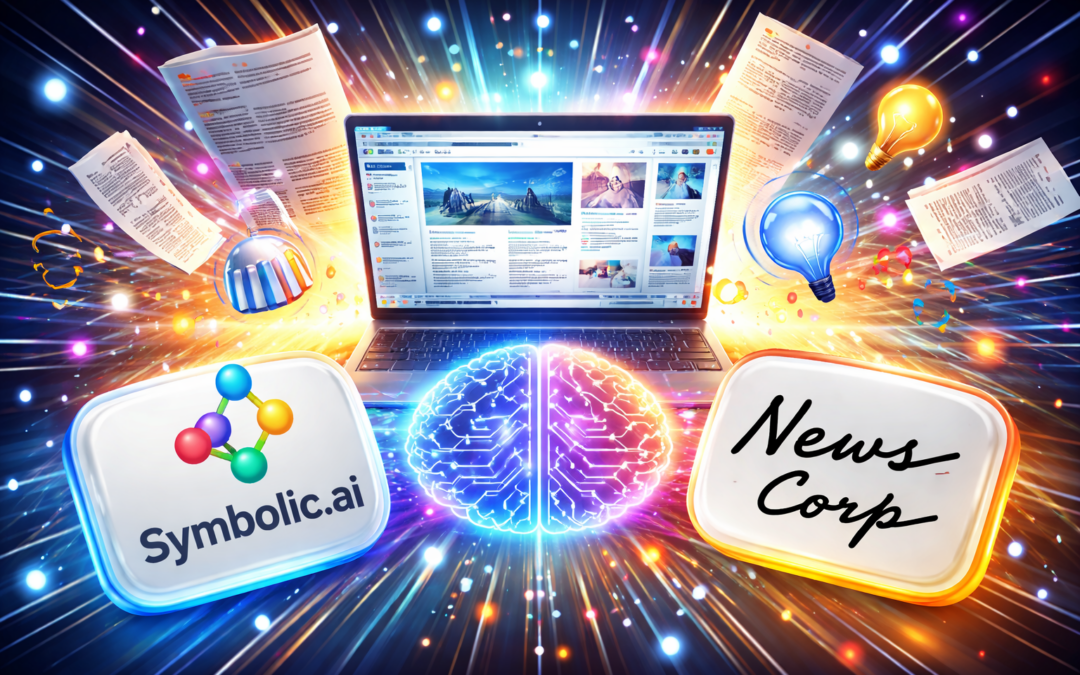AI-powered HR solutions continue to transform the recruitment process.
MAPPA’s new AI voice analysis harnesses large language models (LLMs) and advanced signal processing to help businesses identify ideal job candidates, promising greater efficiency and more objective talent evaluation in an increasingly competitive hiring market.
Key Takeaways
- MAPPA’s AI voice analysis system uses LLM-driven natural language processing to evaluate candidate suitability, focusing on voice cues, tone, and semantic context.
- Real-world deployments demonstrate reductions in bias and improvements in hiring accuracy compared to traditional resume-based screening.
- MAPPA will showcase its technology at TechCrunch Disrupt 2025, signaling a real push for wider industry adoption.
- The tool integrates seamlessly with existing HR platforms, marking it as a plug-and-play solution for tech-savvy organizations and startups.
- Such advancements raise essential questions about data privacy, explainability, and potential regulatory oversight in AI-enabled hiring.
How MAPPA’s AI Reframes Hiring
MAPPA’s AI leverages generative AI technologies to analyze not just what candidates say in interviews but how they say it.
Using proprietary models, the system parses prosody, sentiment, emotional valence, and micro-expression markers, aiming to provide a nuanced reading of candidate fit beyond surface-level skills or scripted answers.
Competing products like Paradox and HireVue have explored similar territory, but MAPPA distinguishes itself with its claimed accuracy and depth of analysis, according to VentureBeat and the latest features announced this week.
“AI-powered voice analysis moves candidate evaluation beyond keywords on a resume—toward understanding motivation, emotional intelligence, and suitability for dynamic roles.”
Strategic Implications for Startups and Developers
For AI developers and HR tech startups, MAPPA’s approach highlights a shift from static data-driven screening to multimodal, real-time analysis.
Integrating such tools requires robust machine learning infrastructures and continuous model training to avoid model drift and demographic bias. MAPPA claims its LLMs are fine-tuned on global hiring data, but third-party audits will be key to ensuring fairness.
“Plug-and-play AI modules accelerate HR tech innovation but must meet transparency and explainability standards demanded by enterprise clients.”
For early-stage startups, MAPPA’s low-code APIs provide rapid integration with existing onboarding pipelines.
This presents opportunities for SaaS platforms looking to add AI-powered assessments without deep AI expertise in-house. However, companies must also balance the value of streamlined screening with the need for ethical safeguards, as emphasized in recent commentary from Forbes and HCAMag.
Considerations for AI Professionals
Developers and data scientists in the HR domain should note MAPPA’s adherence to new regulatory frameworks emerging worldwide.
With the EU’s AI Act and proposed US guidelines, builders must ensure auditability in algorithmic decisions and define clear explainability metrics for clients. MAPPA has previewed audit trails within its dashboards to help address regulatory risk and trust concerns.
“Regulators and enterprises will demand greater transparency in how generative AI models inform hiring—including full access to model inputs and outputs.”
What’s Next?
MAPPA plans a live demo at TechCrunch Disrupt 2025, aiming to convince both major enterprises and nimble startups of generative AI’s value in HR.
While MAPPA leads this maturing segment, competitors invest heavily in explainable AI and privacy-focused architectures. The sector will likely see consolidation as feature sets converge, leaving trust, bias mitigation, and compliance as the true market differentiators.
Source: TechCrunch











